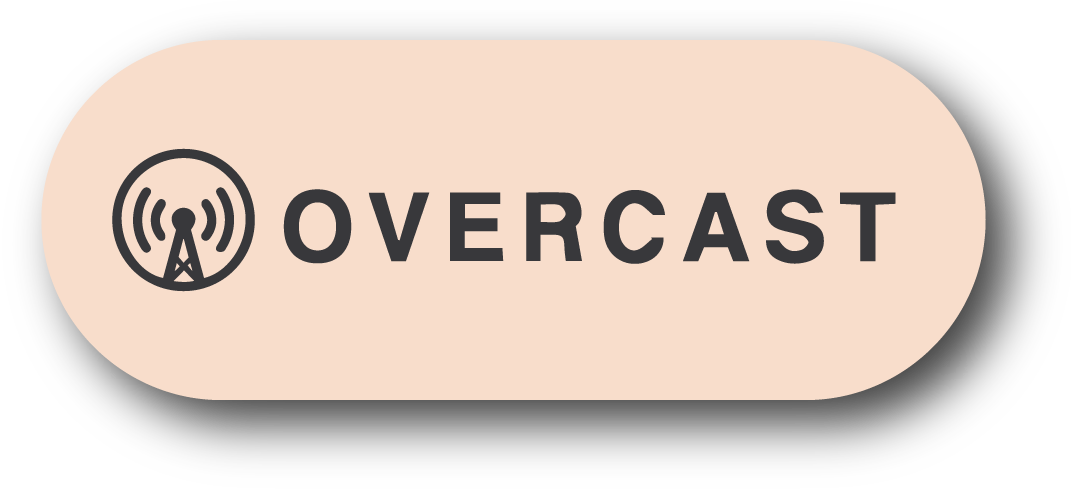#281 - "HOW TO BE IN AN OFFICE" Advice and Analysis of SCI-Arc's Controversial Panel
SUMMARY
This week David and Marina break down SCI-Arc's controversial panel "Basecamp: How to be in an office" and share their own advice on "how to be in an office" and share their own advice on "how to be in an office”. The two discuss choosing the right office to work at; why the idea of committing to an office is right, but also wrong; why side hustles are not the solution to low fees and/or low pay; why just ‘getting shit done’ is not enough; why being underpaid is not just a ‘personal choice’; why the profession is struggling with low pay and long hours; and the nuances of SCI-Arc’s panel discussion.
TIMESTAMPS
(04:25) How the school studio environment is different from the professional office environment.
“Be honest and outspoken (when you start working in an office). If you feel like something is not right or that it could be done better… the biggest mistake I see in fresh graduates is that they don’t voice those thoughts because they are too timid. […] I find that the younger generation, and I think most people, have a pretty good moral compass and they’re pretty smart, but they just choose not to say anything.” (07:45)
“If you’re not participating, you’re probably not going to learn a lot in the office. The office is your new studio. It’s the new place where you are going to learn things and really discover what kind of designer you are.” (11:51)
(19:10) Choosing the right office. Working is an extension of one’s education.
“A lot of young graduates are dismissive of good offices whose work is not as conceptually interesting. I actually think most students would benefit more if they worked for one of these offices that produce great architecture that is maybe less conceptually interesting but is, in all of the other aspects of architecture, great. Because if you’re a student, then that’s the stuff you are missing. […] Do you know how a building goes together? Do you know how to work with people? Do you know to talk to consultants? Do you understand how a drawing set goes together? Those are not always the things students think of [when considering what office to work for]… but for me, it is about choosing the things you are interested in, yes! But it is also about choosing the things you are deficient in.” (26:53)
(32:53) Committing to an office is right, but also wrong.
“I think it’s pretty fair to say that commitment is not an issue for most architecture students or most architecture designers working in offices. […] If I were a student and I felt like I am already committed and I’m doing these late hours… and someone tells me I need to commit, then what I hear is that I need to commit more! […] So on the one hand it makes total sense (to tell students to commit to offices)—on the other hand, because of the context—the context of who the audience is, the context of the state of the profession, the context pay, the context of student loans—it makes no sense.” (34:55)
“I think the level of dedication students have in school studio is great. The problem is when students take that same mindset and work ethic—actually, it’s not even working ethic, it’s working hours—and do that in the professional setting, in a world where money is value… That’s where the problem is. You can’t do that if you’re going to create a thriving sustainable profession… and that’s really the underlying question here.” (37:50)
(38:33) Employees should not be expected to invest in the office first to create mutual investment.
(50:35) Working at an office that pays less to gain more valuable experience.
““You could go to work for a developer or a contractor or whoever else”… That’s true if that’s what you want to do, but you’re avoiding the issue. It’s kind of like saying, “Architect’s don’t make enough money, so go work for someone else.” Okay, that’s a great to fix the problem! […] It’s not really an answer.” (54:40)
(57:13) Why choosing to be underpaid is not just a ‘personal choice’ and why the idea that there’s ‘no right or wrong’ is incorrect.
“Saying it’s a personal choice to work for whoever you want (and be paid whatever you want), is correct, but also a very short-sited way to answer the question and a short-sited way to conduct your life in the context of this discussion. The reason being is that we are all part of a larger community—the profession of architecture. The more you contribute to this problem, the more the problem will continue to exist. […] We have to think profession-wide and not, “I made an agreement with this young employee to pay them no money at all, they’ve just graduated and I’ll pay them with a subway ticket. They’re good with it and I’m good with it, so what difference does it make?” No! You’re part of a profession!" (57:34)
(59:28) Why thinking that being underpaid is okay because “you’re making some money and you’re not paying money” does not make sense.
(01:09:00) Optimism and Disillusionment. “Getting shit done”.
(01:31:43) Not dwelling on problems and staying productive in the face of opposition.
“You can’t allow yourself to be overly focused and upset by the problem. At the same time, I do think from an educator’s perspective that it’s a more mature to say “I operate by moving forward, but I’m also very aware of the problem and what it means for everyone else” because to achieve having better gender equality in the workplace (as an example) is going to require a lot more than everyone saying, “[I’m a woman, but] I just move forward and I don’t pay attention those issues.” (01:34:48)
(01:37:55) A student audience member asks what is causing the profession of architecture to lag behind other professions in terms of pay and work/life balance?
“The answer to his question is this panel. It’s that when a student asks this question [to a panel of architectural educators] they don’t get an answer and they don’t even get an attempt at an answer. […] The scariest part is that we are doing this to each other. It’s architects doing this to other architects. Architects who’ve been a student or a young graduate and been in a situation of not making enough money and just repeating the cycle. It’s cannibalism really! It’s architecture cannibalism.” (01:44:47)
(01:46:55) Why having side hustles is not a solution for paying off student loans nor a solution for supporting an architecture office.
(01:51:17) A student audience member asks about students not being able to afford school. Analyzing the catastrophic answer.













